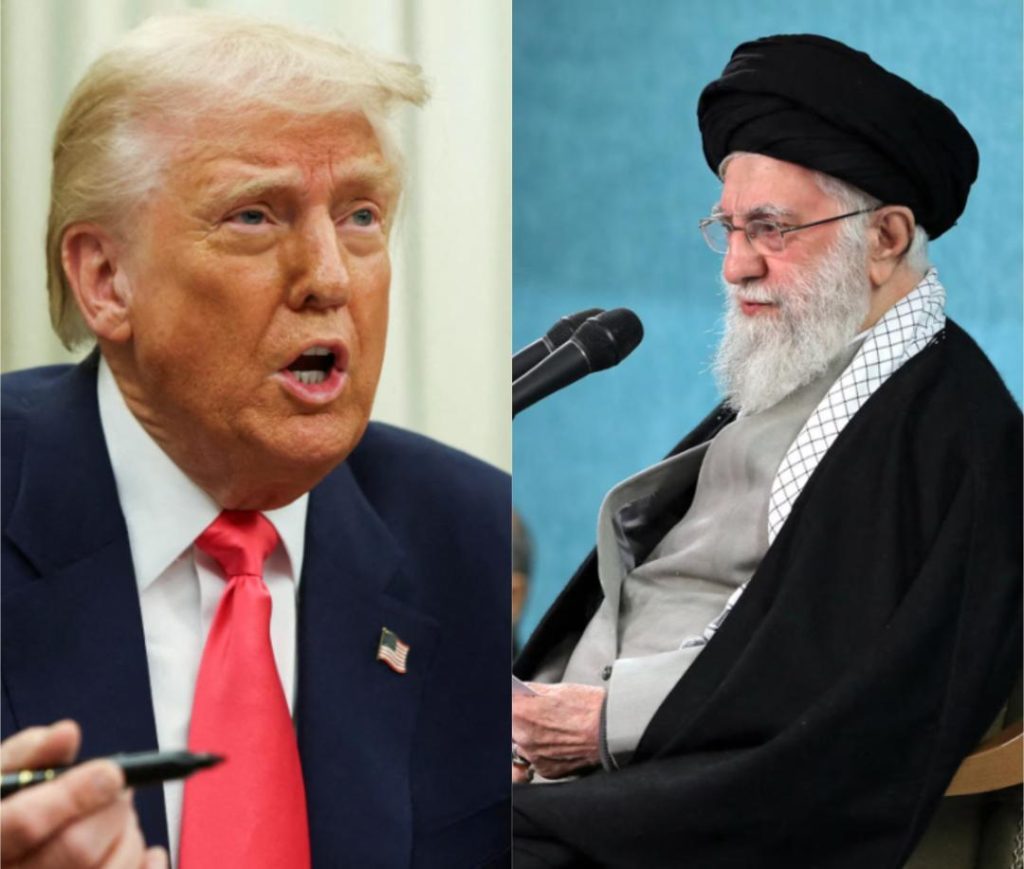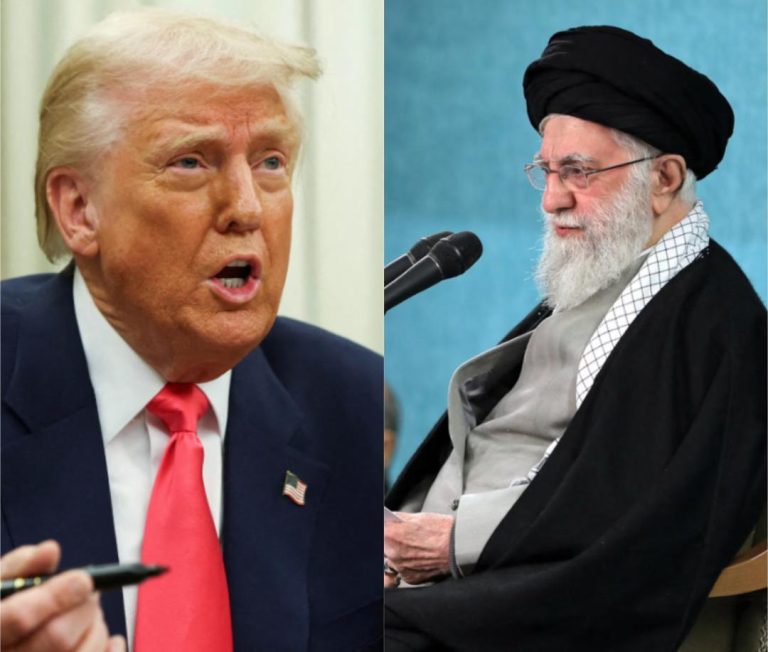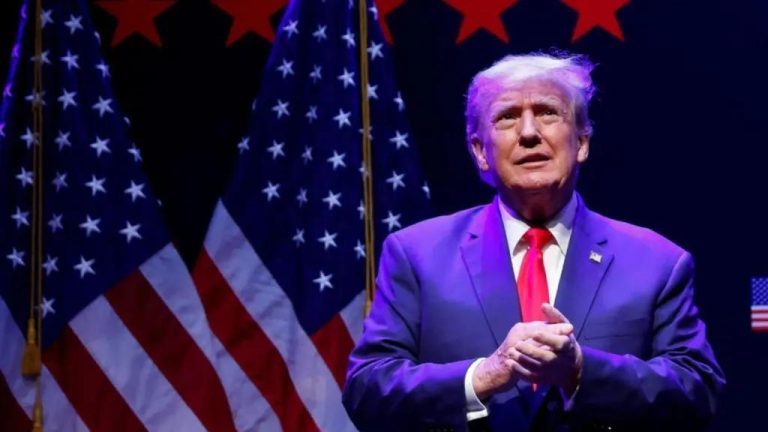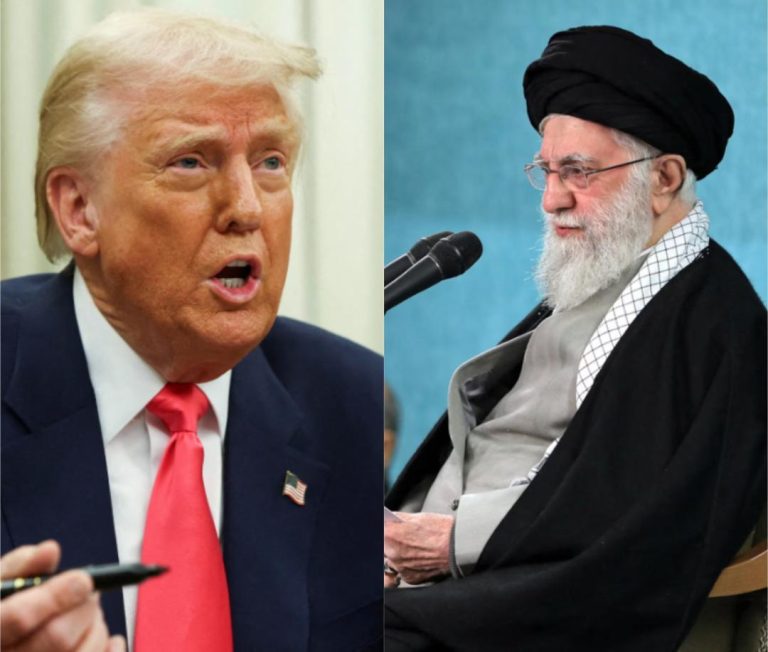
US & Iran begin nuclear talks days after Donald Trump threatened bombing
In a sudden turn of events, Iran and the United States have begun indirect talks in Oman, just days after US President Donald Trump threatened to bomb Iran if it didn’t agree to a deal on its nuclear programme. The development comes as a surprise to many, given the tense relations between the two nations and the seemingly irreconcilable differences between them.
According to reports, Iran’s Foreign Minister Abbas Araghchi and US President Donald Trump’s Middle East envoy Steve Witkoff will represent their respective sides in the talks. However, they will not be meeting face-to-face, instead, they will exchange messages via an Omani minister. The talks are being held under the shadow of regional conflict, with tensions between Iran and its Gulf Arab neighbors at an all-time high.
The news of the talks was confirmed by Iran’s Foreign Ministry, which stated that the negotiations would focus on the nuclear programme and would be conducted in a “serious and constructive” manner. The ministry also emphasized that Iran’s nuclear programme was for peaceful purposes only and that it was committed to upholding its international obligations.
The development comes just days after Trump made a surprise threat to bomb Iran if it didn’t agree to a deal on its nuclear programme. Trump’s threat was met with widespread condemnation from around the world, with many warning that it could lead to a catastrophic conflict in the region.
The talks are seen as a significant development in the long-standing dispute between Iran and the United States over its nuclear programme. The dispute has been ongoing for over a decade, with the US and other Western countries accusing Iran of working towards developing nuclear weapons. Iran, on the other hand, has maintained that its programme is for peaceful purposes only, such as generating electricity and conducting medical research.
The US has imposed several rounds of sanctions on Iran in an effort to curb its nuclear programme, which has had a devastating impact on the Iranian economy. Iran has responded by increasing its uranium enrichment activities, a move that has been criticized by the US and other Western countries.
Despite the tensions between the two nations, there are signs that both sides are willing to engage in talks. In recent weeks, there have been reports of secret talks between US and Iranian officials, which have been facilitated by Oman and other regional powers.
The Oman talks are seen as a significant breakthrough, given the progress that has been made in recent weeks. The fact that the two sides are willing to engage in indirect talks is a sign that they are willing to listen to each other and find a way forward.
However, the road ahead will be challenging. The two sides have fundamentally different positions on several key issues, including the nuclear programme and the sanctions. Iran is demanding that the US lift its sanctions and recognize its nuclear programme as peaceful, while the US is demanding that Iran agree to curb its nuclear activities and allow international inspectors to access its nuclear facilities.
In addition, the talks will be taking place against the backdrop of regional tensions. The conflict in Yemen, the crisis in Syria, and the ongoing tensions between Iran and its Gulf Arab neighbors are all likely to be discussed during the talks.
Despite the challenges ahead, there is a sense of optimism that the talks could lead to a breakthrough. Oman has a reputation for being a neutral broker in regional conflicts, and its involvement in the talks could help to facilitate a deal.
The fact that the two sides are willing to engage in talks is a sign that they are willing to listen to each other and find a way forward. The road ahead will be challenging, but the potential rewards are significant. If the talks can lead to a deal, it could have a major impact on the region and the world.




